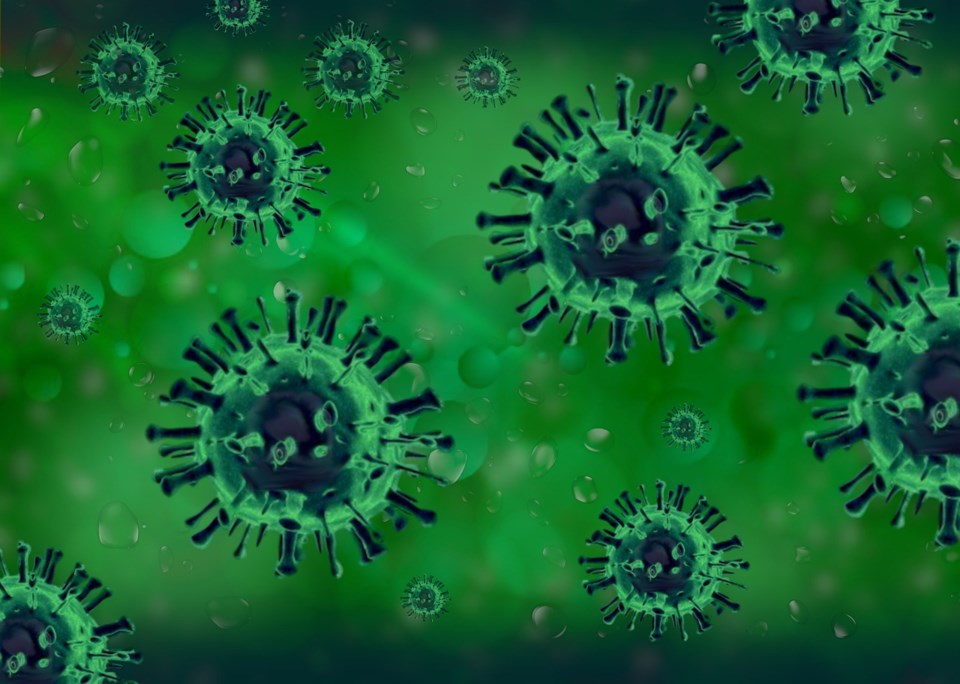The U.K. variant of the coronavirus is now in Humboldt.
In a post on social media, the Horizon School Division said the three cases diagnosed at Humboldt Collegiate Institute involved variants of concern. As of April 8, there are 15 cases of the U.K. variant, B.1.1.7, in the Central East zone, which contains Humboldt, Yorkton and Melville.
“Variants of concern, although originally only in a few areas of the province, are now prevalent in many locations,” said Dr. Kevin Wasko, the Saskatchewan Health Authority’s Physician Executive for Integrated Rural Health, in an email.
“These variants are 50 to 70 per cent more contagious than what we experienced with the original virus.”
B.1.1.7 is one of two variants reported in the province, with 943 confirmed cases as of April 8. The South African variant, B.1.351, is the other one, with eight in the North Central zone around Prince Albert.
“We’ve also seen that it is attacking younger people, likely due to the fact that it attacks everyone, but a majority of our older population has received an initial vaccination or two for those in long-term care homes,” Wasko said.
When asked by the Humboldt Journal how many active cases of B.1.1.7 there were in the Central East 1 subzone, a smaller region that contains Humboldt and Watrous, the Saskatchewan Health Authority said they don’t break down to that level of detail.
It can take a while to determine if a COVID-19 case is caused by a variant. In a set of frequently asked questions about variants, the provincial health ministry said first a PCR (polymerase chain reaction) test detects if COVID-19 is present. If so, then a SNP (single nucleotide polymorphism) test done at the Roy Romanow Provincial Laboratory screens for a mutation that’s common to three variants of concern. Then whole genome sequencing done at the National Microbiology Lab in Winnipeg determines which variant it is, a process that can take one to two weeks.
There are 64 cases in the Central East zone as of April 8 where the mutation has been detected but the specific variant hasn’t yet been identified.
The COVID-19 vaccines do work against the variants.
“What we want people to do is get vaccinated when it’s your turn and remember that the best vaccine is the one you are offered,” Wasko said.
“All of the vaccines work well, so it is extremely important for people to get their vaccines.”
Measures to prevent the spread of B.1.1.7 is the same as the base coronavirus: wearing a mask, physically distancing, frequent hand washing, disinfecting frequently-touched surfaces often, staying home and getting tested if symptoms occur, avoiding unnecessary travel, and following public health orders. In the frequently asked questions, the health ministry said individuals should be extra vigilant because the variants are more contagious.



